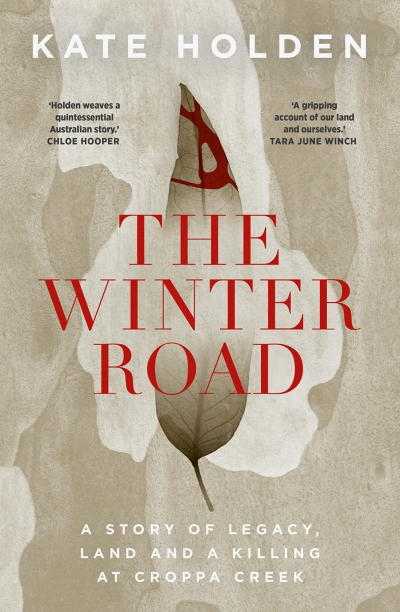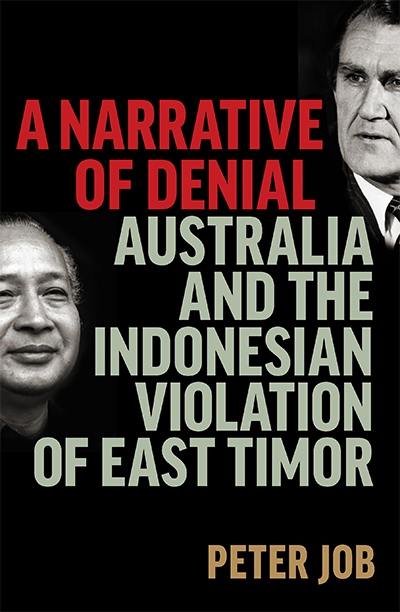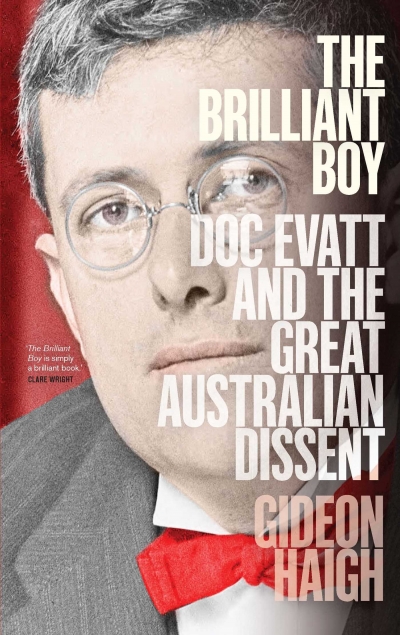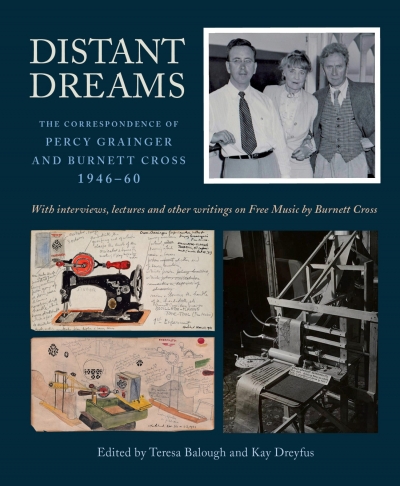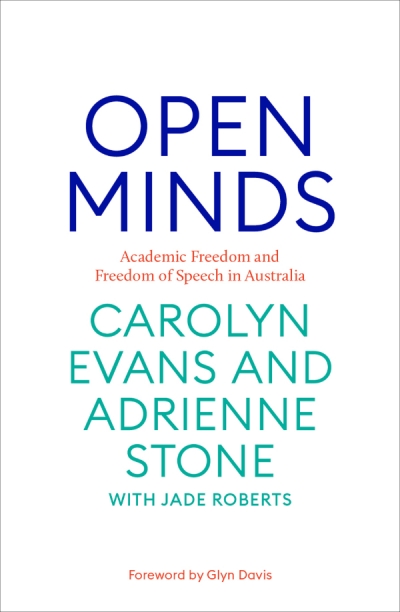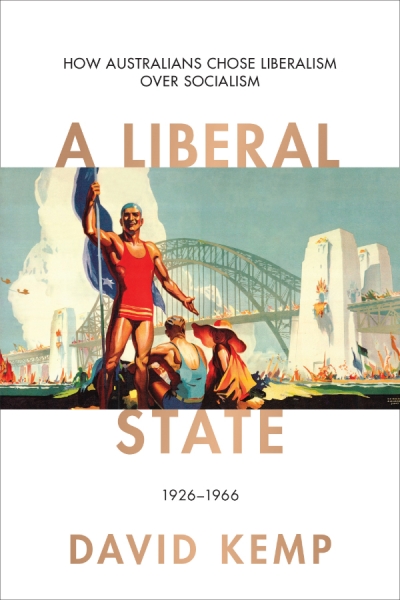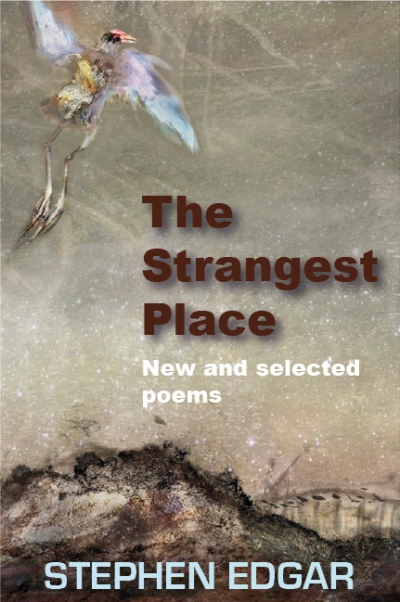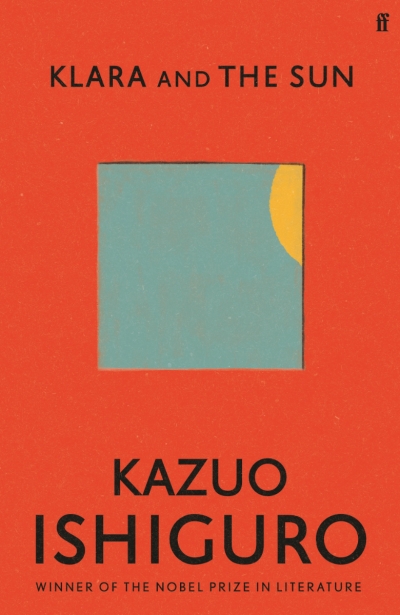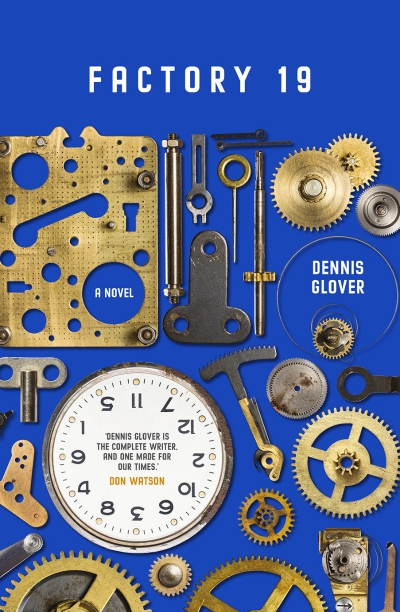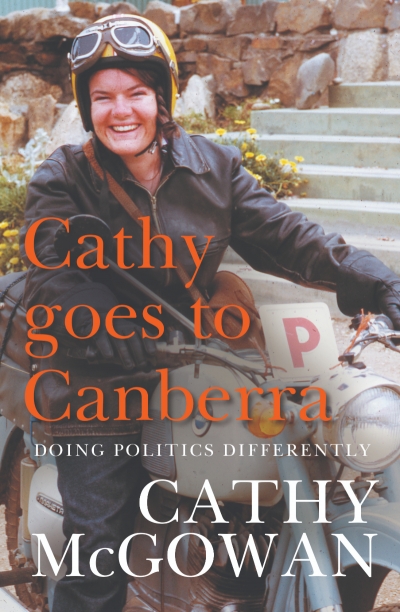ACT contributor
The Winter Road: A story of legacy, land and a killing at Croppa Creek by Kate Holden
by Cameron Muir •
A Narrative of Denial: Australia and the Indonesian violation of East Timor by Peter Job
by Ken Ward •
The Brilliant Boy: Doc Evatt and the great Australian dissent by Gideon Haigh
by Frank Bongiorno •
Distant Dreams: The correspondence of Percy Grainger and Burnett Cross, 1946–60 edited by Teresa Balough and Kay Dreyfus
by David Pear •
Open Minds: Academic freedom and freedom of speech in Australia by Carolyn Evans and Adrienne Stone with Jade Roberts
by Kieran Pender •
A Liberal State: How Australians chose liberalism over socialism, 1926–1966 by David Kemp
by Frank Bongiorno •
Cathy Goes to Canberra: Doing politics differently by Cathy McGowan
by Joshua Black •

